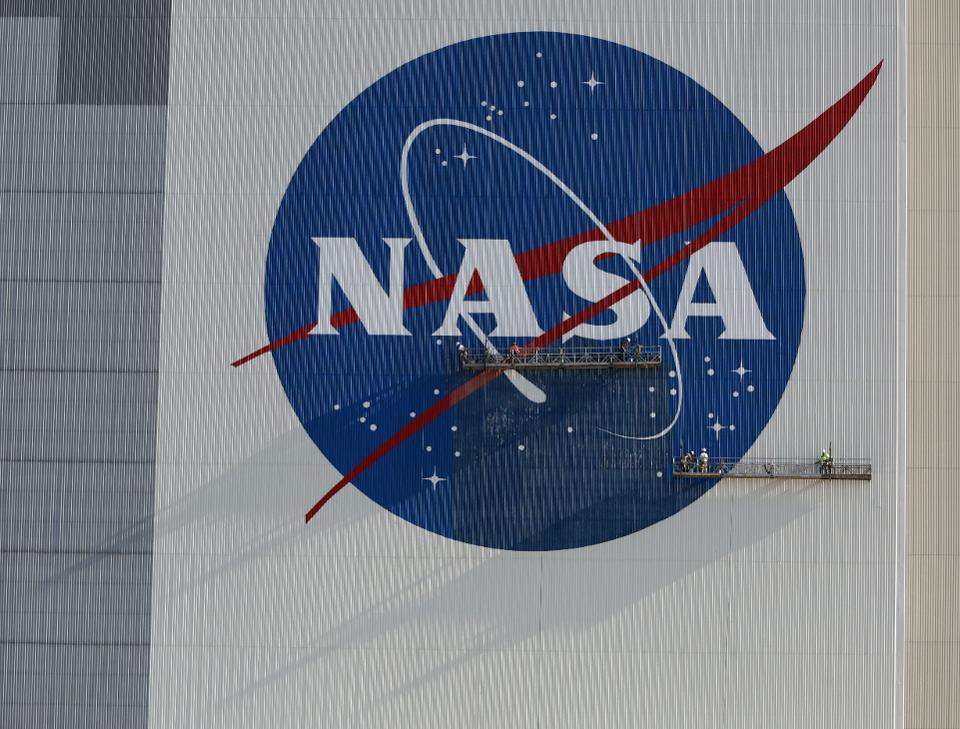NASA Hit By 366% Rise In Cybersecurity Incidents After Budget Cuts

Cybersecurity incidents at NASA rose by 366% last year, according to data collected by virtual network provider AtlasVPN. From a total of 315 in 2018, they rose to 1,469 in 2019, at a time when NASA’s cybersecurity budget declined by $3.1 million over the same period.
Publishing its results today, AtlasVPN extracted and analysed NASA cybersecurity incident data for 2018 and 2019, sourced from the Office of Management and Budget. Of the 366% increase the VPN provider uncovered, it found that incidents related to "improper usage" and lax security practices accounted for 90.5% of the 1,468 increase.
What’s most alarming about AtlasVPN’s findings is not that NASA is one of the United States’ most important federal agencies. Rather, the increase follows a reduction in NASA’s cybersecurity budget across 2019, when the vast majority of major federal agencies saw their corresponding security budgets increase.
Given that foreign states are reportedly trying to attack U.S. agencies, the news that NASA has witnessed increased cyber incidents at a time of reduced budget should ring alarm bells. A cyber-attack in March targeted the Department of Health and Human Service, bombarding its servers with millions of hits, which slowed its system down for several hours.
Another alarming feature of NASA’s cyber-incident data for 2019 is that the vast bulk of incidents relate to "improper usage." As AtlasVPN writes in the report of its findings, improper usage is "any incident resulting from a violation of an organization’s acceptable usage policies by an authorized user."
In other words, an improper usage incident arises when someone at NASA does something they shouldn’t, such as installing unapproved software or performing prohibited actions. In the process, they create an opening for hackers and malicious actors to enter.
Improper usage is serious. Last year, NASA confirmed that its Jet Propulsion Laboratory had been hacked after someone at NASA connected an unauthorised Raspberry Pi to JPL servers. Thanks to this unauhtorised connection, hackers were able to move from JPL servers to NASA’s Deep Space Network array of radio telescopes.
What’s interesting about this incident is that, having occurred in 2018, NASA had all of 2019 to ensure that improper usage incidents declined. At the same time, the Office of the Inspector General had warned in 2018 that NASA’s cybersecurity shortcomings posed an operational threat. However, rather than heed such warnings and reduce instances of improper usage, they rose by 638%, from 180 in 2018 to 1,329 in 2019.
Such growth is dangerous, particularly when nation state-sponsored attacks climbed from 12% to 23% across 2019, according to Verizon's 2019 Data Breach Investigations Report. They’re likely to continue rising in 2020, as the fear surrounding Covid-19 facilitates a rise in state-backed hacking.
It’s therefore imperative that NASA, as well as other vulnerable agencies, reinforce their cybersecurity budgets and best practices. Now’s not the time to take any eyes off the ball.
Photo: NASA cybersecurity incidents increased annually by 366% in 2019, enabled in part by a fall in cybersecurity funding. (Photo by Gregg Newton / AFP) (Photo by GREGG NEWTON/AFP via Getty Images)AFP VIA GETTY IMAGES




